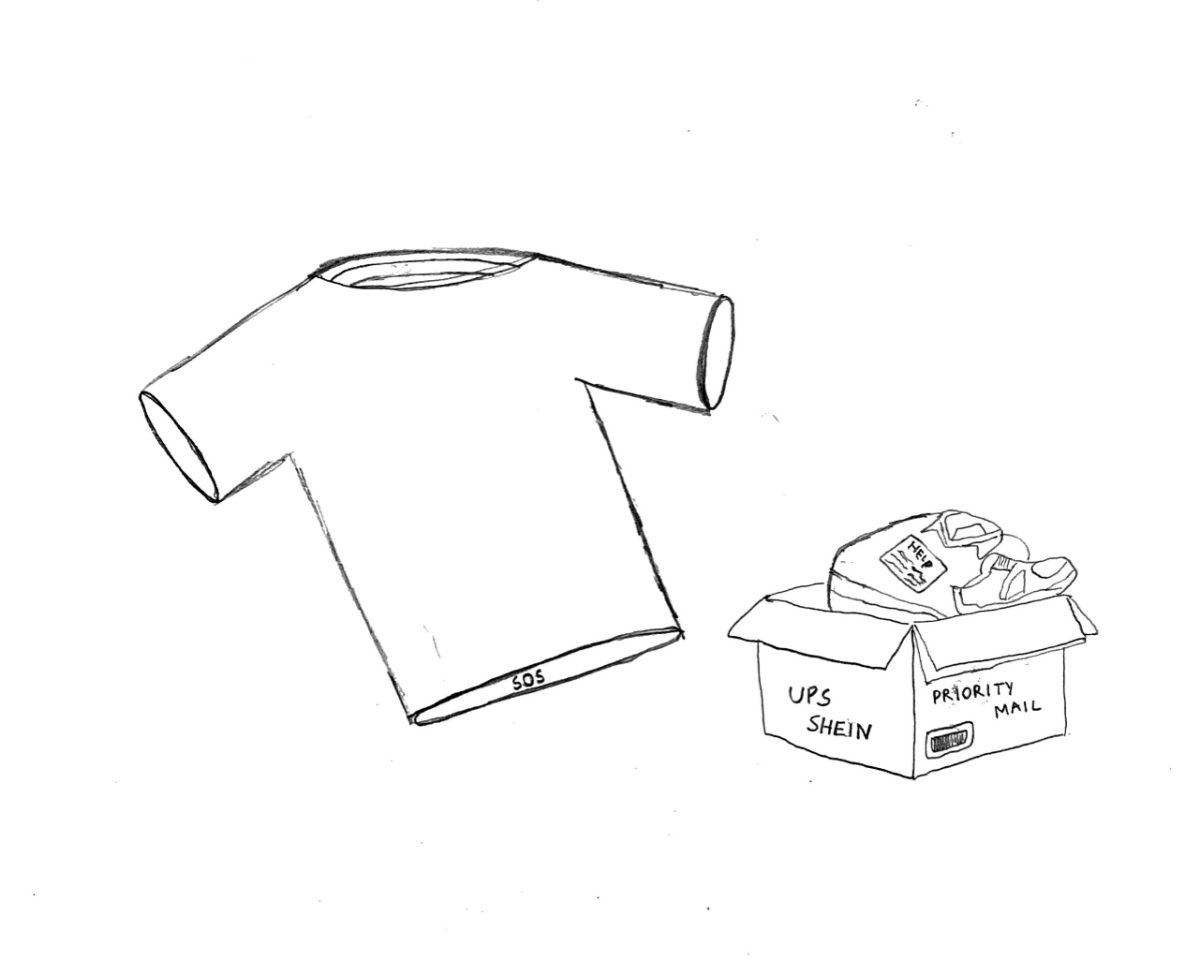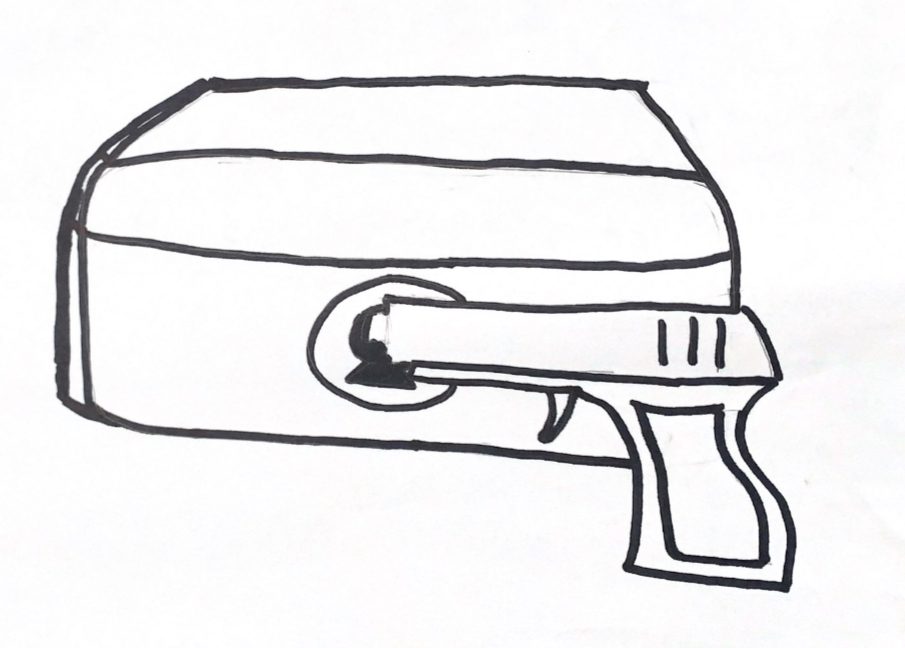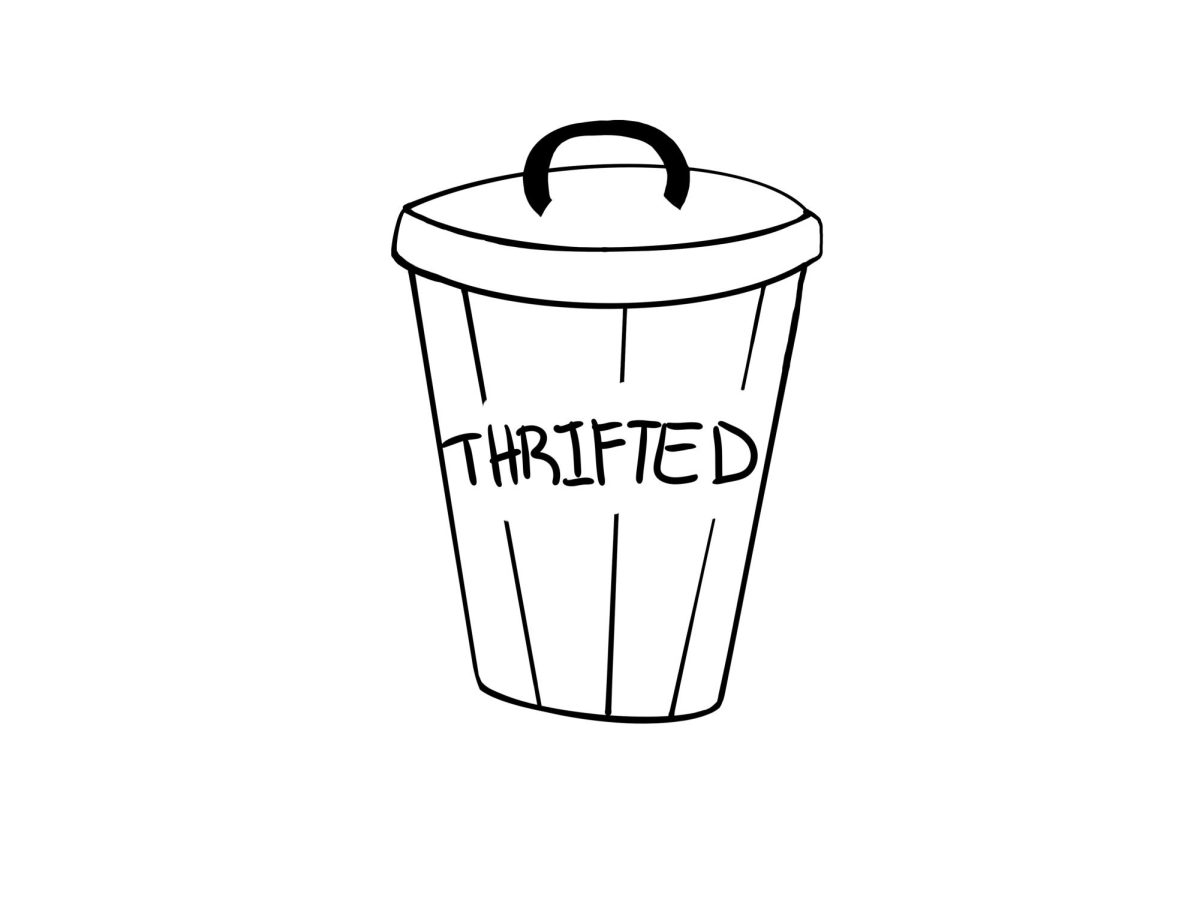Last month, CVS announced their decision to phase out the sale of tobacco from their stores. The drugstore chain cited their role as a health care company as the motivating factor behind the decision. CVS mainly sells products intended to keep people healthy, and cigarettes do not fit that model.

We are taught from a young age that cigarettes are harmful, and with good reason—a recent government study found that one in five premature deaths in the United States are linked to cigarette smoking. And the addictiveness of cigarettes makes them especially risky.
So why do businesses continue to advertise and sell cigarettes, despite their detrimental effects? The answer is not as clear-cut as it may seem. According to the Centers for Disease Control, Americans bought over 293 billion cigarettes in 2011. With tobacco companies spending billions of dollars on marketing and advertising, promotion of cigarettes and tobacco is inevitable.
Most companies have continued to sell tobacco products because of the revenue that it provides. This is why the recent CVS decision is so important—company leaders prioritized the health of their customers over their profits. This is a business model that should be embraced and emulated by other companies, as a way of creating honest businesses and a healthy society.
A business has the right to sell and market whatever products they want, monetary motives aside. But businesses, especially those as large as CVS, should think about doing what is right for their customers before choosing to promote a product. CVS made the decision to eliminate cigarettes partly because of pressures from corporate partners, so money was involved in their decision—but the result is still positive.
Similar drugstores should follow CVS’ lead—despite promoting a similar message of healthcare, Rite Aid and Walgreens have continued to sell cigarettes.
In response to CVS’ decision, Rite Aid announced that they would not stop selling cigarettes, stating, “We continually evaluate our product offering to ensure that it meets the needs and interests of our customers.” But if they had evaluated the healthiness of cigarettes in the past few decades, Rite Aid would have found that they are harmful to one’s health and contribute to early death.
CVS’ decision to stop selling cigarettes has implications beyond their company. It shows that for-profit companies have the capacity to put morals over money, and make decisions based on the well-being of their customers. If other companies choose to follow this trend, fewer people would be encouraged to buy cigarettes. Additionally, CVS could promote E-Cigarettes and other alternatives to conventional cigarettes, further supporting healthy behaviors.
Anyone over 18 can buy a pack of cigarettes, no matter if they are educated about the risks that come with smoking. Companies built on a basis of health should care for their customers’ lives, as their advertisements claim. Promotion of healthy living is hypocritical when a company is selling cigarettes.
















